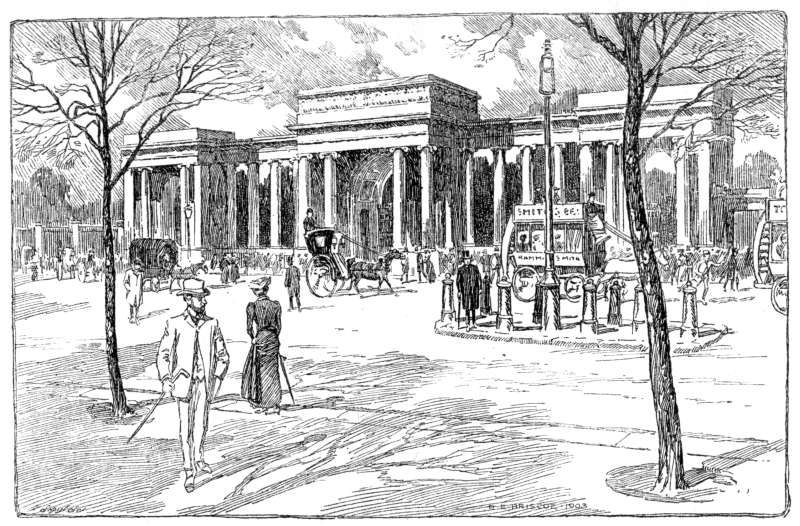THE SETTING

The world of The Laws of Magic is very much like ours in the years just before the First World War. In some ways, it’s the beginning of the modern world. While manners and morals are still formal and dignified, some of the stuffiness of the previous century is being left behind. Social change is beginning, especially in the role of women in society. People are more educated than ever. Advances in science and medicine are helping humanity in profound ways. While gaslights and horse-drawn carriages are still a common sight, electricity and the motor car are becoming more and more the standard.
The country of Albion, where Aubrey and his friends live, is an island nation off the coast of a continent which is embroiled in political strife. The sprawling empires of the previous century are ill-equipped to deal with the demands of the modern world, but are doing their best to cling onto their domains. Regions and enclaves are unhappy under the yoke of these old-fashioned regimes and long for independence. Alliances and treaties are being made, while secret deals and understandings are made in the back rooms of the halls of power.
Many countries are involved in a dangerous arms race, spending huge amounts of money in building up military power. Armies and navies are swelling in size and capability.
This may sound familiar to anyone who knows the history of our own world in this period. The main difference is that magic is a normal and accepted part of this world.
Magic in the world of The Laws of Magic is like the ability to do higher mathematics. Some part of it is natural and innate, but it does need to be enhanced with rigorous study and practice. This means that magicians are not plentiful. Magicians tend to specialise, and are highly sought after in industry, where their skills are combined with technology or engineering to improve the efficiency, power or output of machines.
The study of magic is a respected area of endeavour. Universities have Magical Faculties where the theory of magic has leaped ahead in the ten years or so since the turn of the century. It is a time of ferment in magical studies, with theoreticians arguing, theorising, experimenting and establishing bold new areas of magic.